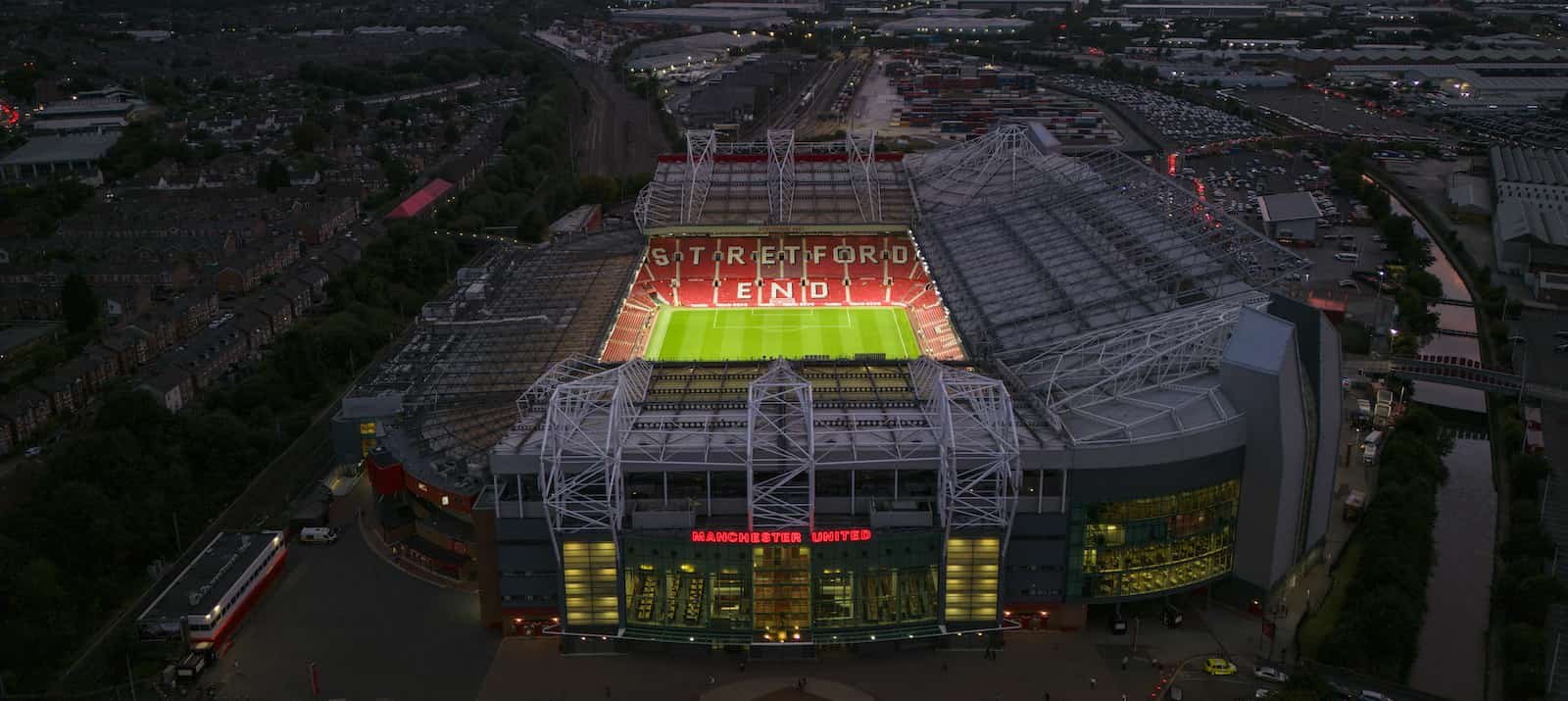Remember how a number of Western pundits and politicians were predicting that Iran would not retaliate against Israel for its murder of Ismail Haniyeh because Iran is weak and afraid? Jon Gambrell of the AP published a piece on Monday that unintentionally illustrates the incompetence of Western analysts when it comes to predicting what Iran will do.
Iran lost its most reliable ally in the Middle East when an Israeli airstrike killed Hezbollah leader Hassan Nasrallah. But Iran isn’t leading the charge to retaliate.
That’s put Tehran in a bind: Not responding could see it alienate the militias it relies on in the region. Meanwhile, any possible retaliation risks a wider war as its theocracy faces intense challenges at home. . . .
That reluctance continued into Monday, as Iran’s Foreign Ministry spokesman Nasser Kanaani told journalists that “the Islamic Republic of Iran and the Iranian people are not after war” but rather “peace and stability in the region.”. . .
These comments highlight a reticence in responding to Nasrallah’s death. Though his leadership of Hezbollah was the crown jewel in Iran’s decades-long strategy of arming regional militias to counter both Israel and the United States, Iran remains cautious about when — or if — it will strike back. . . .
“For the time being it appears the president and the supreme leader, the latter who is abundantly cautious, want to keep the line open to dialogue and negotiations,” Vakil said.
And to keep that line open, Iran needs someone else to take the lead against Israel.
“The Iranian leadership is prepared to accept a humiliating retreat in the face of Israeli strikes in the short term to safeguard the regime in the long run, and this explains Tehran’s lack of retaliation so far,” said Alex Vatanka, the director of the Iran Program at the Washington-based Middle East Institute.
Hell, you can leave a dead fish in the hot sun and it ages better than this “piece” of analysis.
The United States inadvertently engineered this attack. According to Iranian President Masoud Pezeshkian, he was promised a ceasefire in Palestine and progress on a two-state solution if Iran held its fire and did not punish Israel for killing Haniyeh. Pezeshkian, who turned out to incredibly naive, bought that bullshit and Iran did nothing until Israel’s terrorist pager attack and the assassination of Hassan Nasrallah. At least Pezeshkian was man enough to admit he got played and, it turns out, he is a fast learner. As night fell in Israel, Iran launched a massive ballistic missile attack.
I started the day off talking with Marcelo Soares. At this point, we discussed the possibility of Iran acting to avenge the death of Nasrallah and one of its Generals, who was killed while meeting with Nasrallah.
When Iran attacked Israel in April, which was a retaliation for the attack on Iran’s Embassy in Damascus, it fully coordinated its plan in advance with Washington and other Arab and Muslim states in the region in order to avoid escalating into a full-blown war. Iran’s objective was to demonstrate its ability to strike Israel, but Israel and the West portrayed Iran’s decision to not strike critical military and intelligence targets as a massive defeat for Iran. That was then.
On Tuesday, Iran upped the ante. President Pezeshkian ordered Iran’s military to launch a massive missile strike on five Israeli military and intelligence bases. Looks like Israel has a case of Ukrainitis — i.e., a condition of denial accompanied by gaslighting. Israel insisted it shot down most of the missiles. Really? Watch the following video, which shows massive strikes on Israel’s Netavim Air Force Base in the Negev Desert.
Yet, Israel and the United States are insisting that Iran’s attack failed. This reminds me of that iconic clip from Leslie Nielson in The Naked Gun.
But there was much to see. Most importantly, the failure of Israel’s Iron Dome to intercept the vast majority of the missiles. As you can see in the following video, the defense missiles of the Israeli Iron Dome miss their targets and the Iranian missiles hit their targets.
What is most interesting is a report that the Iranians informed Washington and Moscow what they were going to do, i.e., only target Israeli military targets. That explains why Washington officials were able to inform the press this afternoon that Iran was going to attack Israel. In telling Washington, Tehran knew that Israel would get a heads up. Yet, even though Israel knew the attack was coming, it failed to thwart the attack.
Israel’s Netanyahu has forgotten the first rule of crisis management — when you are in a hole, stop digging. He now insists that Israel is going to respond by attacking Iran. Iran made it very clear in the wake of today’s attack that if Israel responds with new attacks, Iran will follow suit with a more devastating barrage. I don’t think Pezeshkian and the Mullahs are bluffing.
The other wild card that Israel and Washington need to consider is what Russia and China will do. Russia and China have conducted joint military exercises with Iran for the last four years. According to recent reports, Russia and Iran are finalizing negotiations on a “comprehensive agreement” furthering military cooperation.
I believe that the Biden Administration is desperate to avoid a wider war between Israel and Iran out of fear that the conflict will torpedo Kamala Harris’ Presidential campaign. I think we have reached a point that Washington no longer has any control, short of cutting off all aid to Israel. I don’t see that happening.




